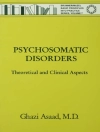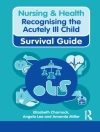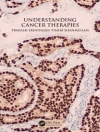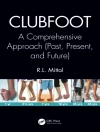"Cancer viruses" have played a paradoxical role in the history of cancer research. Discovered in 1911 by Peyton Rous (1) at the Rockefeller Institute, they were largely ignored for several decades. Witness his eventual recognition for a Nobel Prize, but not until 1966-setting an all time record for latency, and testimony to one more advantage of longevity. In the 1950s, another Rockefeller Nobelist, Wendell Stanley, spearheaded a campaign to focus attention on viruses as etiological agents in cancer, his plat- form having been the chemical characterization of the tobacco mosaic virus as a pure protein-correction, ribonucleoprotein-in 1935 (2). This doctrine was a centerpiece of the U.S. National Cancer Crusade of 1971: if human cancers were caused by viruses, the central task was to isolate them and prepare vaccines for immunization. At that point, many observers felt that perhaps too much attention was being devoted to cancer viruses. It was problematic whether viruses played an etiological role in more than a handful of human cancers.
Kathy B. Burck & James W. Larrick
Oncogenes [PDF ebook]
An Introduction to the Concept of Cancer Genes
Oncogenes [PDF ebook]
An Introduction to the Concept of Cancer Genes
购买此电子书可免费获赠一本!
语言 英语 ● 格式 PDF ● ISBN 9781461237181 ● 出版者 Springer New York ● 发布时间 2012 ● 下载 3 时 ● 货币 EUR ● ID 4659807 ● 复制保护 Adobe DRM
需要具备DRM功能的电子书阅读器












